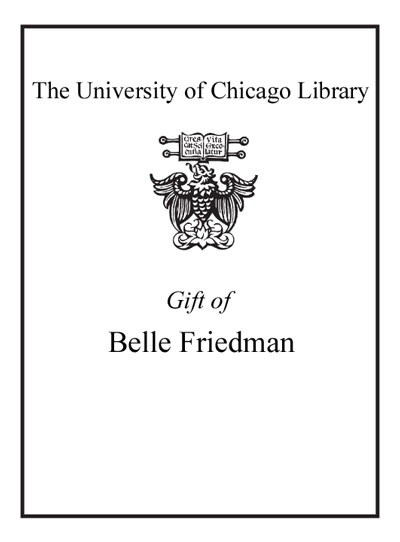Review by Choice Review
As he did in his biography Charles Ives, "My Father's Song" (CH, Nov'92), Feder (Albert Einstein College of Medicine) here takes a psychoanalytical approach to his subject. He deals with many of the events reported by previous biographers of Mahler (1860-1911), among them Henry-Louis de La Grange: the early death of Mahler's parents, his close brush with death in 1901, the death of a beloved daughter in 1907, and the infidelities of his attractive young wife, Alma. Feder shows how Mahler mastered each trauma and sublimated his feelings in the creation of musical works. Of special interest is Feder's meticulous reconstruction of Mahler's four-hour consultation with Sigmund Freud in Holland in 1910. The encounter gave the overstressed Mahler a measure of repose, although he died soon after. One is struck by the many similarities Feder finds between Mahler and Freud. Throughout this well-illustrated, carefully indexed, readable book, Feder shows how a knowledge of Mahler's mental state is useful in understanding his music. Others have attempted this--among them, Theodor Adorno (Mahler: A Musical Physiognomy, CH, Jan'93)--but without as much success. ^BSumming Up: Essential. Lower-division undergraduates through faculty; professionals; general readers. M. Meckna Texas Christian University
Copyright American Library Association, used with permission.
Review by Booklist Review
The crises in Mahler's life concerned death and relationships. Several siblings died very young. At 19, Mahler (1860-1911) lost his parents and thereafter cared for two brothers (one of whom later committed suicide) and a sister. His oldest daughter died early as well. No wonder death and fate figure in his compositions, including Kindertotenlieder and movements of his symphonies (hope and redemption are also in them).Further, Mahler prohibited Alma, his 20-years-younger wife, from composing and performing as a condition of marriage, and when he withdrew from her sexually to pursue conducting in Europe and New York as well as his own composing during summers, she turned to architect Walter Gropius. The stresses of conducting, composing, and marriage led Mahler to consultation with Freud in 1910 and ultimately to his death. Though psychiatrist Feder concentrates on Mahler's relationships and mental states, he also covers Alma after Mahler, Freud, Mahler's daughter, and his other doctors to reveal the psyche that governed the composer's life and influenced his music. A good addition to Mahler biography. --Alan Hirsch Copyright 2004 Booklist
From Booklist, Copyright (c) American Library Association. Used with permission.
Review by Publisher's Weekly Review
Psychiatrist Feder (Charles Ives: My Father?s Song) proves himself adept at delineating the emotional themes of Mahler?s life and compositions in this psychoanalytic biography. Central to the project is a four-hour session that Mahler had with Sigmund Freud (?He had strong obsessions,? Freud later wrote) in 1910, after the composer learned of wife Alma?s affair with the architect Walter Gropius. But Feder looks at Mahler?s life and works through the prism of psychoanalysis throughout the volume (?Mahler coveted gifted Gentile goddesses, [but] he had a strong need to hold them at bay?), suggesting that ?[a]utobiographical sources were symbolized in Mahler?s music rather than blatantly represented.? Feder connects what he identifies as crises in Mahler?s life, such as the youthful deaths of several of his siblings and his troubled marriage to the beautiful, depressed Alma, to particular musical themes and works. Leder gives short shrift to Mahler?s professional triumphs and their influence on his music, and lay readers may find his prose too full of psychoanalytic jargon. Nevertheless, this is an interesting and idiosyncratic look at a man who once wrote, ?My whole life is contained in my [first] two symphonies.... To anyone who knows how to listen my whole life will become clear.? (Nov.) Copyright 2004 Reed Business Information.
Review by Choice Review
Review by Booklist Review
Review by Publisher's Weekly Review

